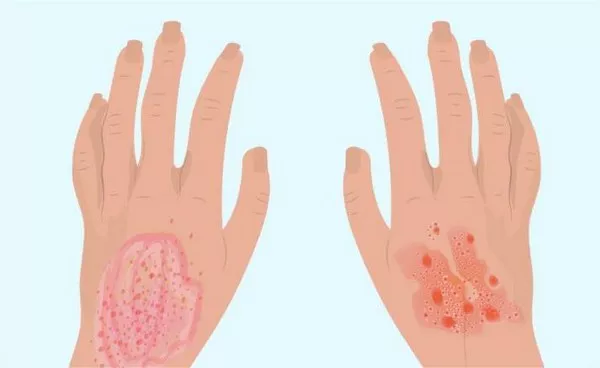LEO Pharma, a Danish dermatology specialist, is on the brink of securing EU approval for delgocitinib, a promising treatment for chronic hand eczema (CHE). The European Medicines Agency’s (EMA) human medicines committee, CHMP, recently delivered a positive opinion on the drug for treating moderate to severe CHE in adults when topical corticosteroids prove inadequate.
Pending approval from the European Commission, which typically aligns with CHMP recommendations, the pan-JAK inhibitor will be marketed as Anzupgo in the EU. This would make Anzupgo the first topical treatment specifically indicated for CHE in adults who do not respond well to other treatments.
LEO Pharma anticipates that Anzupgo will become a significant revenue generator starting in 2025. The company aims to leverage this drug to help pay down debt and return to profitability after experiencing financial losses in recent years.
CHE, a form of dermatitis, is characterized by symptoms such as itching, cracked skin, and pain. It results from a compromised skin barrier, inflammation, and alterations in the skin’s microbiome. Hand eczema, the most common skin disorder affecting the hands, has a one-year prevalence rate of approximately 9% and is deemed chronic if it persists for more than three months or recurs at least twice annually.
A recent UK survey highlighted the personal and professional impact of CHE, with 70% of respondents reporting that the condition affected their relationships and ability to form new ones. The same proportion indicated that CHE interfered with their work or education.
Standard treatments like emollients and topical corticosteroids often fall short for CHE patients. Overuse of steroids can lead to skin thinning, exacerbating symptoms. Although an oral treatment, alitretinoin, exists for more severe CHE cases, Anzupgo has shown superior effectiveness and tolerability in clinical trials. Alitretinoin is known for side effects such as nausea and vomiting and is limited to controlled use in patients who do not respond to topical corticosteroids due to its potential to cause birth defects during pregnancy.
Christophe Bourdon, LEO Pharma’s chief executive, acknowledged the challenges of living with and managing CHE, noting its impact on personal relationships and careers. “Despite the considerable burden of the condition, treatment options approved for CHE have been limited,” he said. “As an organization, we are dedicated to advancing the standard of care for people with skin conditions. Today, we are one step closer to addressing the unmet needs of those living with CHE.”
The approval of Anzupgo would mark a significant milestone in providing effective treatment options for CHE patients, potentially improving their quality of life and addressing a longstanding therapeutic gap.
Related Topics:



























